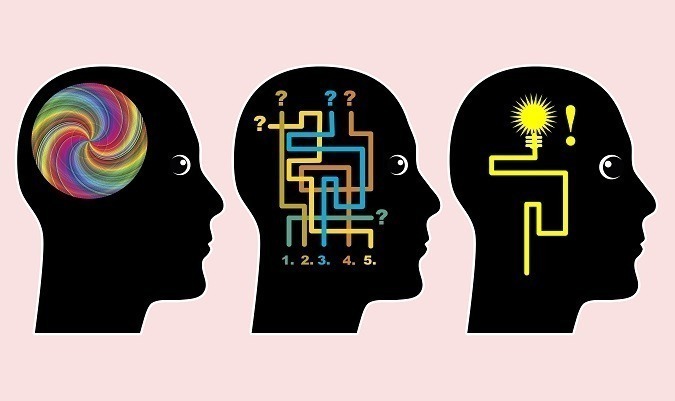Helping bridge neuroscience and education: 30+ experts debunk the theory of fixed, rigid “learning styles”
No evidence to back idea of learning styles (OpEd in The Guardian co-authored by 30+ neuroscientists and psychologists):
“There is widespread interest among teachers in the use of neuroscientific research findings in educational practice. However, there are also misconceptions and myths that are supposedly based on sound neuroscience that are prevalent in our schools. We wish to draw attention to this problem by focusing on an educational practice supposedly based on neuroscience that lacks sufficient evidence and so we believe should not be promoted or supported.
Generally known as “learning styles”, it is the belief that individuals can benefit from receiving information in their preferred format…There are, however, a number of problems with the learning styles approach. First, there is no coherent framework of preferred learning styles…The second problem is that categorising individuals can lead to the assumption of fixed or rigid learning style, which can impair motivation to apply oneself or adapt.
Finally, and most damning, is that there have been systematic studies of the effectiveness of learning styles that have consistently found either no evidence or very weak evidence to support the hypothesis that matching or “meshing” material in the appropriate format to an individual’s learning style is selectively more effective for educational attainment.”
To learn more:




A great little article.
I don’t think there is any such thing as a learning style everybody learns a different way and at a different rate, therefore there would be just as many ways of learning as there are people to learn.
I used to learn better if I made everything into a “mind Map,” then i started creating a memory house…like the guys who count cards do. I was then told that I have a visual memory which totally made sense to me as I would visualise everything first..thats just how my brain would work.
I then had a brain injury and totally lost that ability, I used to write stuff down and could recite it by visualising the piece of paper, I could even see it in my own handwriting. Now none of that works at all.